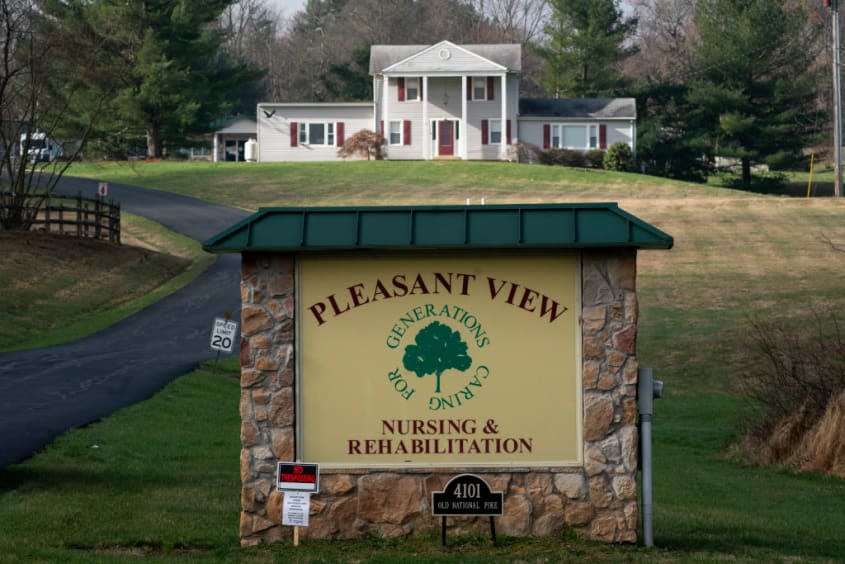Why nursing home COVID-19 infections are rising again

Dr. Ashish Jha, the dean of the Brown University School of Public Health, noted Sunday that nursing home COVID-19 infections are rising again in the United States. While that may be surprising given the high vaccination rate among long-term care facility residents, Jha (who has been vocal about the fact that the shots are doing their jobs) explained why the situation is more complex than that in a Twitter thread on Sunday.
For starters, he says, the vaccination rate among residents is high, but not complete — 19 percent have not been inoculated. More importantly, though, 42 percent of nursing home workers are unvaccinated, leaving them more vulnerable to infection and making them more likely to spread the virus during the Delta variant-fueled surge across the U.S. "When community transmission rises, more COVID shows up in nursing homes," Jha tweeted.
At the same time, breakthrough infections, while a small risk for the wider population (both in terms of occurrence and severity of illness), can be more serious among elderly and frail individuals, especially because they received their vaccines much earlier in the process than younger folks. Jha and others noted on Sunday that data from Israel suggest that immunity may begin to wane several months out.
There are two solutions, Jha said. The first is too ensure all nursing home workers are vaccinated, and the second is for the Food and Drug Administration to "rapidly determine" if a booster shot is necessary for elderly and immunocompromised people. "I suspect it is," he writes. Read Jha's thread on Twitter.
You may also like
Why Tom Brady's 'gentle' roast of Trump at Biden's White House was actually 'deeply vicious'
The 'potential silver lining' to a breakthrough COVID-19 infection
Democratic Rep. Sheila Jackson Lee arrested at voter rights protest

